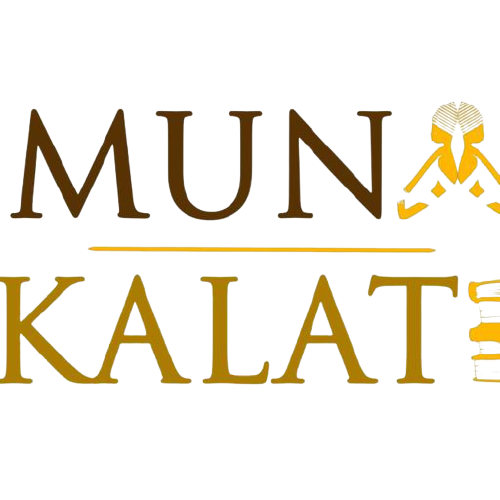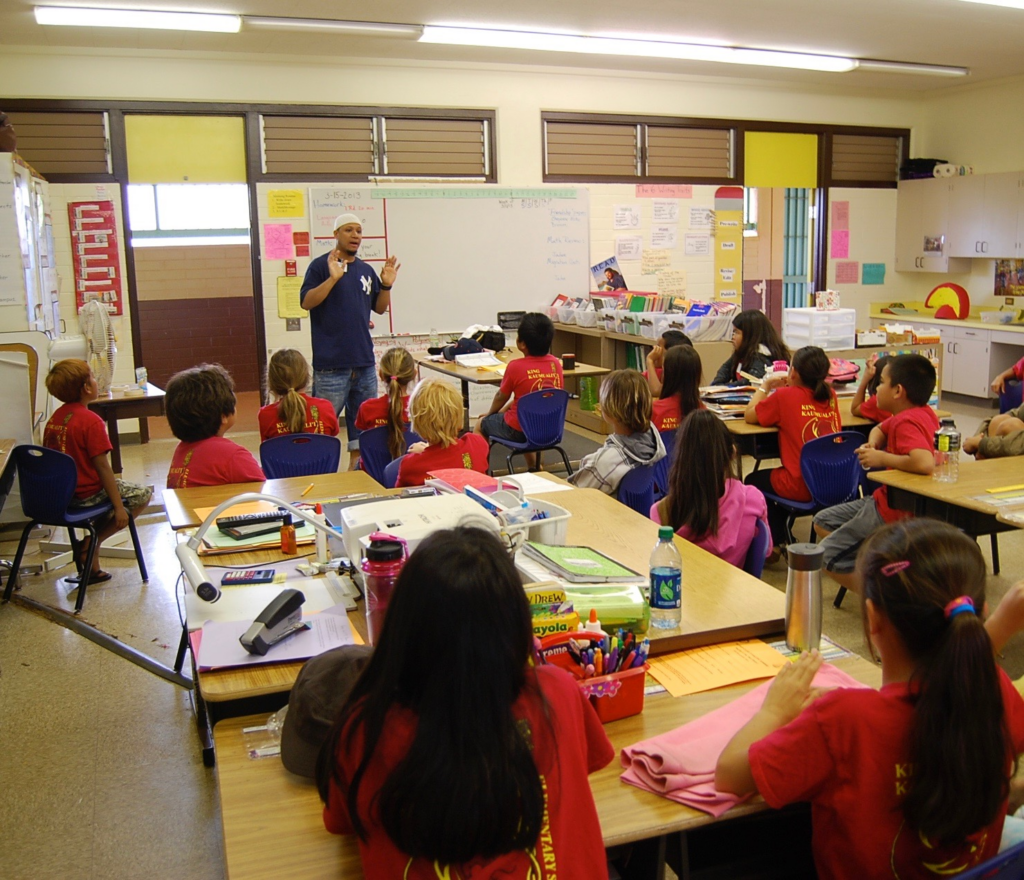- Can you tell us a bit about yourself and your background? How did you become involved in promoting diversity in children’s literature?
 My name is George Green, an African American published children’s book author and Co-Founder of Little Global People, a business established to provide educational books, games, and workshops for kids and youth, centered around developing values and highlighting people of color. I have a double Bachelor’s degree in English and Psychology from Auburn University, Alabama. I am also a passionate youth worker who has been working with young people affected by alcohol, drugs, unemployment, physical disabilities, and homelessness. I also worked with adult criminals for ten years in both Corrections and the Department of Justice. I work exclusively with clients from culturally and linguistically diverse backgrounds as well as other minority groups including clients who identify as Aboriginal or Torres Strait Islanders. In 2014 I became interested in diversity within children’s literature after noticing the books young people in my community were reading. I noticed none of the books represented people of color and the stories were not often from a Western society. My intention was to make a valuable contribution to changing this.
My name is George Green, an African American published children’s book author and Co-Founder of Little Global People, a business established to provide educational books, games, and workshops for kids and youth, centered around developing values and highlighting people of color. I have a double Bachelor’s degree in English and Psychology from Auburn University, Alabama. I am also a passionate youth worker who has been working with young people affected by alcohol, drugs, unemployment, physical disabilities, and homelessness. I also worked with adult criminals for ten years in both Corrections and the Department of Justice. I work exclusively with clients from culturally and linguistically diverse backgrounds as well as other minority groups including clients who identify as Aboriginal or Torres Strait Islanders. In 2014 I became interested in diversity within children’s literature after noticing the books young people in my community were reading. I noticed none of the books represented people of color and the stories were not often from a Western society. My intention was to make a valuable contribution to changing this.
- How do you think reading and literature can help children develop important skills and values?
Reading helps children develop a greater vocabulary while also improving their thinking and problem-solving skills. Importantly, reading can also introduce children to other communities and cultures while developing new interests.
- Your series of children’s books, Childhood Champions, follows a group of young friends from culturally diverse backgrounds. What inspired you to create these characters and stories?
Initially, I was inspired to create the Childhood Champions books series to make a contribution to Muslim youth in my local community. I wanted to create characters that represent people in my community, and story tell from a Western perspective. Many youths I noticed would read books about characters that were white or Arab, with the story typically set in a desert with camels.
- What do you believe are some of the biggest challenges facing the children’s literature industry today, particularly in terms of promoting diversity and representation?
One of the biggest challenges facing the industry today is an increasing demand for language translations of children’s literature and the lack of capacity or resources for up-and-coming authors to cater for translation. Another challenge is that trendy books or big brands enjoy greater exposure – such as Disney characters and stories popularized by television series or movies. Some challenges I believe black authors face in promoting diversity and representation is people with different cultural identities often fail to understand each other which leads to fear. Fear of prejudice, or the political beliefs of a person based on race or religion.
- You work with both young people and adults from culturally and linguistically diverse backgrounds. How do you approach developing educational materials and programs that are sensitive to these diverse audiences?
My approach is being clear about the message I’m trying to promote in my story which often revolves around things like teamwork, safety, friendship, kindness, sports, etc. These are things that remain safe and avoid cultural differences or debates. I also try reading and understanding curricular priorities when developing workshops to ensure there’s a link between my workshops and the learning goals for students.
- You have experience working in both the education and justice systems. How has this influenced your approach to promoting literacy and education for young people?
Yes, I have more than ten years working in the Youth Justice and educational space. In fairness, it’s consistently an uphill challenge because young people don’t like to read as much anymore. Young people are more into social media and gaming.
- Your work involves not only writing books but also conducting workshops and presentations for young people. How do you approach engaging and inspiring your audience, particularly those who may be struggling with literacy or other challenges?
Firstly, I like to make inquiries with the educator to make sure I understand my audience first. I also create a stress-free environment for the students which assists in making it easier to explore the students’ interests. I like to be inclusive and interact with the students.
- In your opinion, what role do you think technology can play in promoting literacy and education for young people?
I think there’s a benefit to the many literacy apps available on devices. We’re in a new era of technology and connection, it’s hard to keep young people away from technology so I think there’s a real opportunity for learning apps and tools which help to develop grammar and literacy skills.
- What advice do you have for aspiring writers or educators who want to make a difference in promoting diversity and representation in children’s literature?
When writing books about diversity, it can feel isolating. I would suggest reaching out to other black authors via social media and asking about their experiences when writing books about diversity. I suggest writing what you’re passionate about. Don’t edit yourself in terms of cultural reference. Embrace rejection because it will happen. Seek mentors who are invested in your work. Write, read, and revise. Keep writing.
- Finally, what do you hope to achieve through your work in promoting diversity and representation in children’s literature? What is your vision for the future of this industry?
I hope to develop a strong sense of identity and a space to feel empowered through my books and characters for black & brown children. Encourage children to believe that they can embrace any career path such as becoming a doctor, lawyer, engineer, and even a President of a nation. I would like to inspire and validate black & brown children through my books and assist in the navigation process of finding their space in a global world. My vision for this industry is to inspire more black & brown authors to tell stories. My vision is to contribute to the literacy space where there’s no longer a shortage of books that represent people of color it becomes the new normal.
Date of this interview: 05/31/2023.



